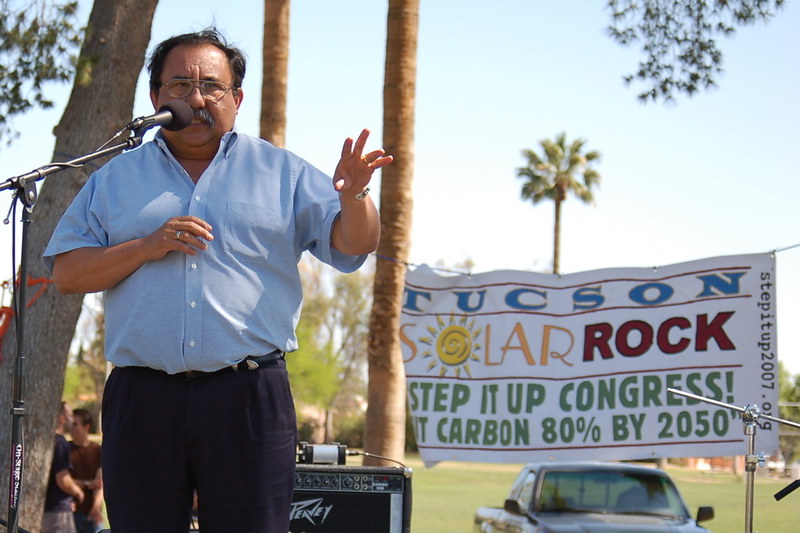BERLIN — German Chancellor Angela Merkel’s ruling coalition suffered bruising losses in two state legislative elections Sunday, losing control of the main prize, Baden-Wuerttemberg state, provisional results showed.
In the large and prosperous southeastern state, Merkel’s Christian Democrats ended a 58-year winning streak, winning 39 percent of the vote, a 5-percentage-point loss of vote share.
The Green Party was set to nominate its first state premier ever. The environmentalists won about 24.2 percent, enough to rule Baden-Wuerttemberg in a coalition with the Social Democrats, who won 23.1 percent.
Foreign Minister Guido Westerwelle’s Free Democratic Party (FDP) won 5.3 percent, half what it got five years ago. The Green-SPD coalition won 71 of 138 legislatibr seats.
The government parties’ loss of the state will give the opposition a stronger hold on the Bundesrat, the upper chamber of the German federal parliament, representing the 16 state governments.
That will make it harder than ever for Merkel to push through federal legislation.
“”It’s an historic electoral win,”” Winfried Kretschmann, the state Green leader, told cheering, chanting supporters in Stuttgart. “”After the polarization of this election campaign, we’ll try to unify people . . . and lead them in the Green direction.””
The state’s CDU premier, Stefan Mappus, conceded defeat He blamed public alarm over the Fukushima nuclear disaster in Japan.
“”In the last 14 days we had the problem that after various tough issues last year, we had these dreadful images from Japan too,”” he said on a TV news program.
One-sixth of Germans live in the two states that voted Sunday. The polls were seen as the principal electoral test for Merkel this year.
In the smaller state of Rhineland Palatinate, voters punished the FDP, the junior party in the Merkel federal coalition, rather than the CDU, which raised its vote share slightly to 35.2 percent, provisional results showed.
The FDP won just 4.2 percent of the vote.
The incumbent Social Democrats won only 35.7 percent of the state vote, down 9 percentage points from 2006.
But the state’s SPD premier, Kurt Beck, was expected to remain in power in coalition with the high-riding Greens, who won 15.4 percent of the vote.
The elections elevated the Greens, formerly a bit player in state politics, to a status equal to the Social Democrats.
The Green Party advocates conversion to renewable energy and tax increases to fund education, but its economic and foreign policies are close to those of the other main parties.
The Merkel government vainly tried to tame public anger over nuclear power by ordering an energy-policy review and a three-month moratorium on plans to extend the legal lifetime of newer nuclear plants.
Sigmar Gabriel, national leader of the Social Democrats, said: “”Today was the death sentence for nuclear power in Germany. There is no going back.””







